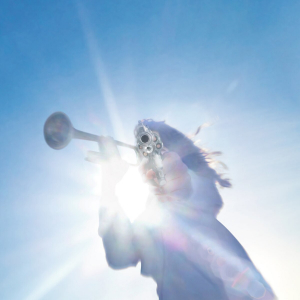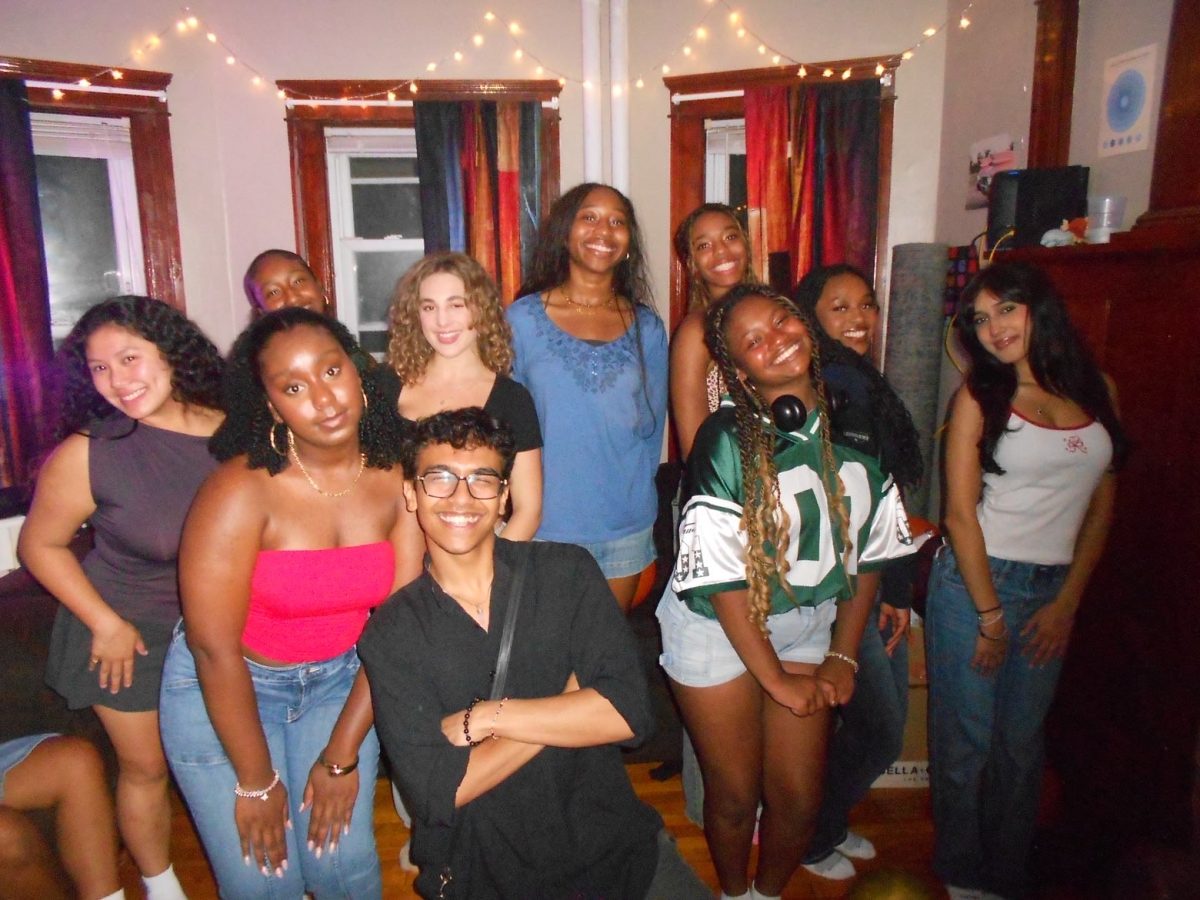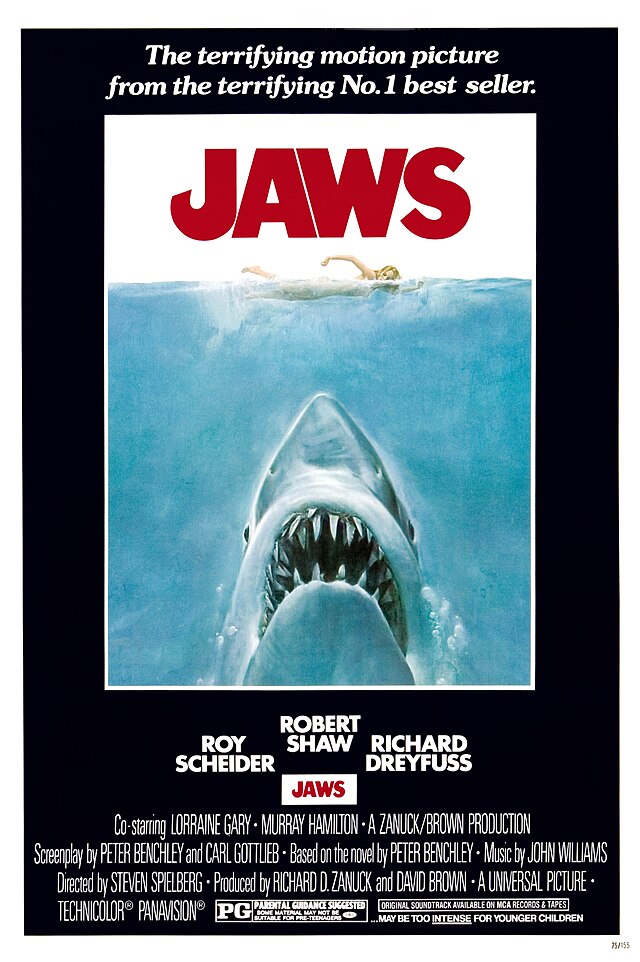Dylan Mills—the protagonist of Jon Hart’s novel, “Party School”—is a type-A John Green Looking-For-Alaska-level nihilist. “Party School” follows Dylan as he navigates his freshman year of college at North South University.
Dylan spends a large portion of the book moping over getting dumped by his high school girlfriend, Rosemary, who is described as going to an “it” school. Hart makes it clear at the beginning of the novel that he does not want to bore us with the names of the “it” schools everyone wants to attend, nor the “wannabe it” schools Dylan Mills believes he is attending. This is the first of many curt—and, frankly, not so endearing—comments made by Hart about higher education.
The book’s overall message of making the most of the experiences you are presented with is nice – however, the simplification of putting colleges into the categories of “pompous rich It school” and “idiot helpless stoner school” is frustrating. One cannot help but begin to notice an association being made between poverty, stupidity and weed. This dichotomy is also never fully resolved, so unless you go to an “it” school, the ending leaves you feeling, frankly, a little defeated.
Dylan also pointedly abstains from smoking and drinking throughout the novel, though in a way that is strangely emphasized through moral superiority; it is as though smoking and drinking are just inherently unenjoyable acts that people force themselves to do to fit in.
The pompousness Dylan displays around not smoking or drinking in college(a time notorious for smoking and drinking) alienates a large chunk of Hart’s audience who partake in those things (college students). As the book continues, the stoner references not only become tedious, but it becomes clear that this is a book written by someone who has never smoked weed in his life.
After about 100 pages, I was confounded enough by his array of bizarre weed references to flip to the back of the book and read his biography. Lo and behold, the only information given is that he has authored another book on baseball. I was determined to know more about Hart and reached out to ask about who he was.
“I’m a freelance writer,” he told me. “I’ve written for a wide array of venues, including the New York Times.” Hart, who has predominantly dabbled in nonfiction, noted that “Party School” was a departure from his typical style of writing. “When I started, I intended to make readers laugh,” Hart said, countering the nihilistic tone which is constant throughout the novel.
“Party School” is a good YA book for the nervous college freshman. Despite the overtly nihilistic persona of Dylan Mills, the book’s overall message of enjoying life does shine through in its own way. As people, we are in a constant state of transience; coming of age in high school and coming of age in college are two fully separate events with their own unique trials. Hart’s novel concisely shows us that life is about learning and adapting to unfamiliarity. If nothing else, I think every reader can appreciate the message that things always seem to find a way of working out.
When asked if he had any good stoner stories to share with his readers, Hart said, “Unfortunately, no stoner stories come to mind. I do have a streaking story, but I was completely sober during it. And no, it’s nothing like what appears in the book.”
“Party School” is available in both ebook and physical editions. I read it on my Kindle and, rather frustratingly, the ebook is not formatted well. If you choose to subject yourself to this novel, I suggest you purchase a hard copy.
“Party School” was published by The Sager Group in April of 2022.





Fin ~ Jan 25, 2024 at 9:45 am
wonderfully worded, brought me to tears with your diction and prose. bravo and thank you, im crying, weeping, sobbing and more. I love you, let’s get married.